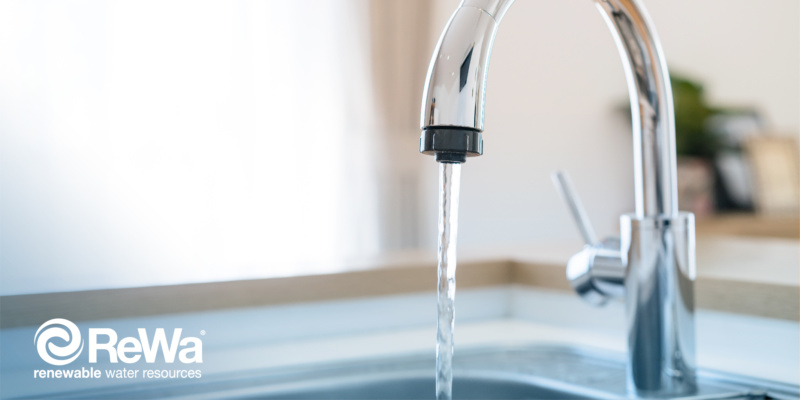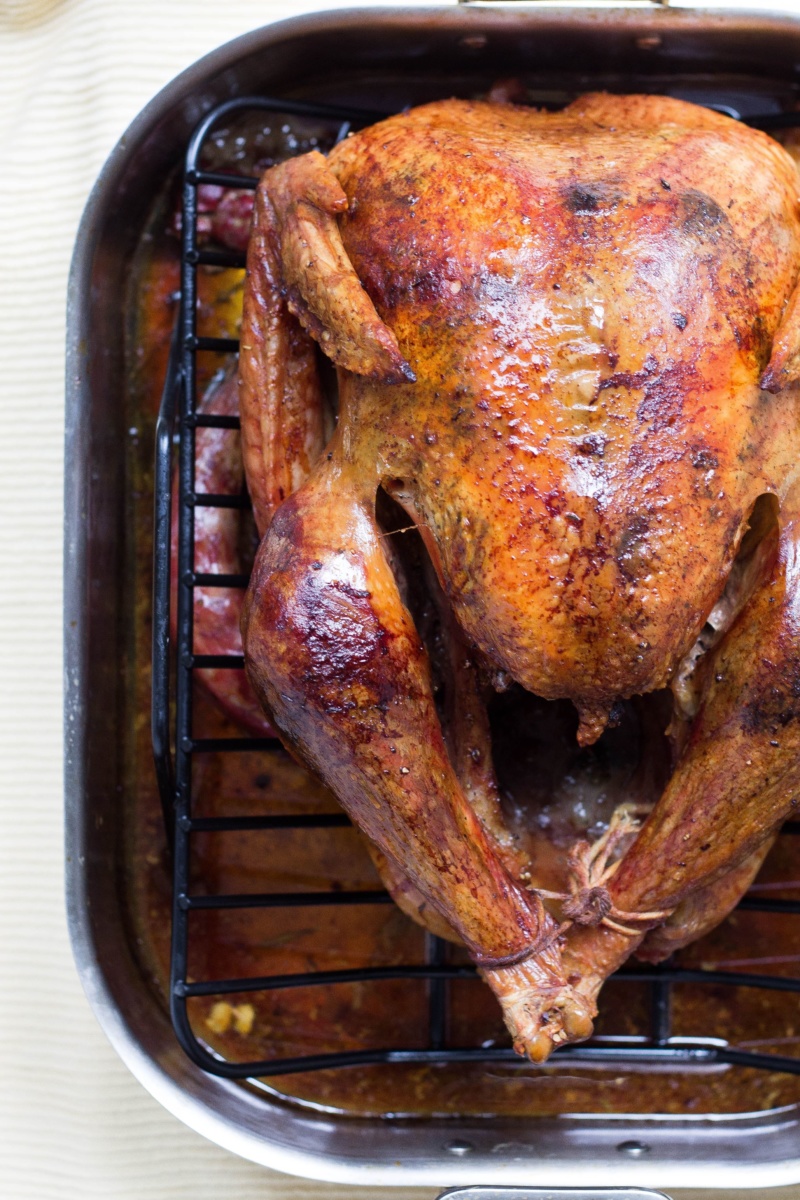Sustaining Quality of Life
Through our sustainable practices and education programs, we work to prevent pollution, backups and clogs, while preserving the environment and ensuring our community remains healthy and beautiful for generations to come.
Fats, Oils & Greases (FOG)
It’s important that businesses protect their pipes to ensure smooth delivery of recovered water to Water Resource Recovery Facilities (WRRF). When poured down the drain, fats, oils and grease products (FOG) stick to the inside of sewer lines and harden. The build-up of FOG can eventually block sewer lines, causing overflows into the environment and even back-ups into your home.
Things to know:
- Garbage disposals do not keep FOG from entering into the sewer system.
- Running hot water or using a detergent afterwards will not eliminate FOG, this just moves the problem further down the pipe.
- Fixing FOG-ridden pipes is extremely costly for both homeowners and ratepayers.
Food Service
Butter, bacon and salad dressings are all delicious, but your drain doesn’t enjoy them as much as you do.
While these things often enhance the quality of your food, fats, oils and grease products (FOG) can seriously damage pipe systems and sewer lines. Build up and blockages in the sewer system from FOG result in environmental overflows and unsanitary backups.
Examples of foods that create FOG and ultimately cause damage:
Animal Products: Animal fat, bacon, sausage, spare ribs, hamburgers, hot dogs, steaks, organ meats (liver, kidney, etc.), lard, animal fat, etc.
Dairy Products: Milk, cheese, butter, cream cheese, sour cream, ricotta or cottage cheese, yogurt, ice cream, infant formula, etc.
Oils: Olive, canola, palm, peanut, and vegetable, plus cocoa butter, dressings, margarine, shortening, mayo, etc.
Desserts: Cake, icing, brownies, doughnuts, pies, whipped cream, etc.
Soups & Sauces: Chicken or vegetable broth, gravies, pasta sauce, etc.
Industry
South Carolina is a southern foodie’s paradise. But with all the delicious burgers, fried chicken and irresistible southern fare comes lots of fats, oils and grease (FOG) products discarded from the kitchen.
All Food Service Establishments (FSEs) are required to have a grease interceptor to catch potential FOG buildup and protect our area’s publicly owned treatment works (POTW) from harmful pollutants and sewage overflows.
If an overflow occurs as a result of improperly maintained grease interceptors, the FSE/property owner may incur all costs involved, including fines.


